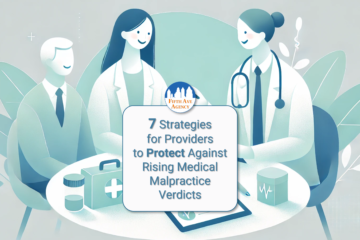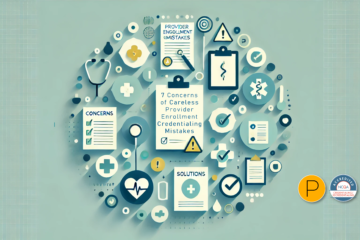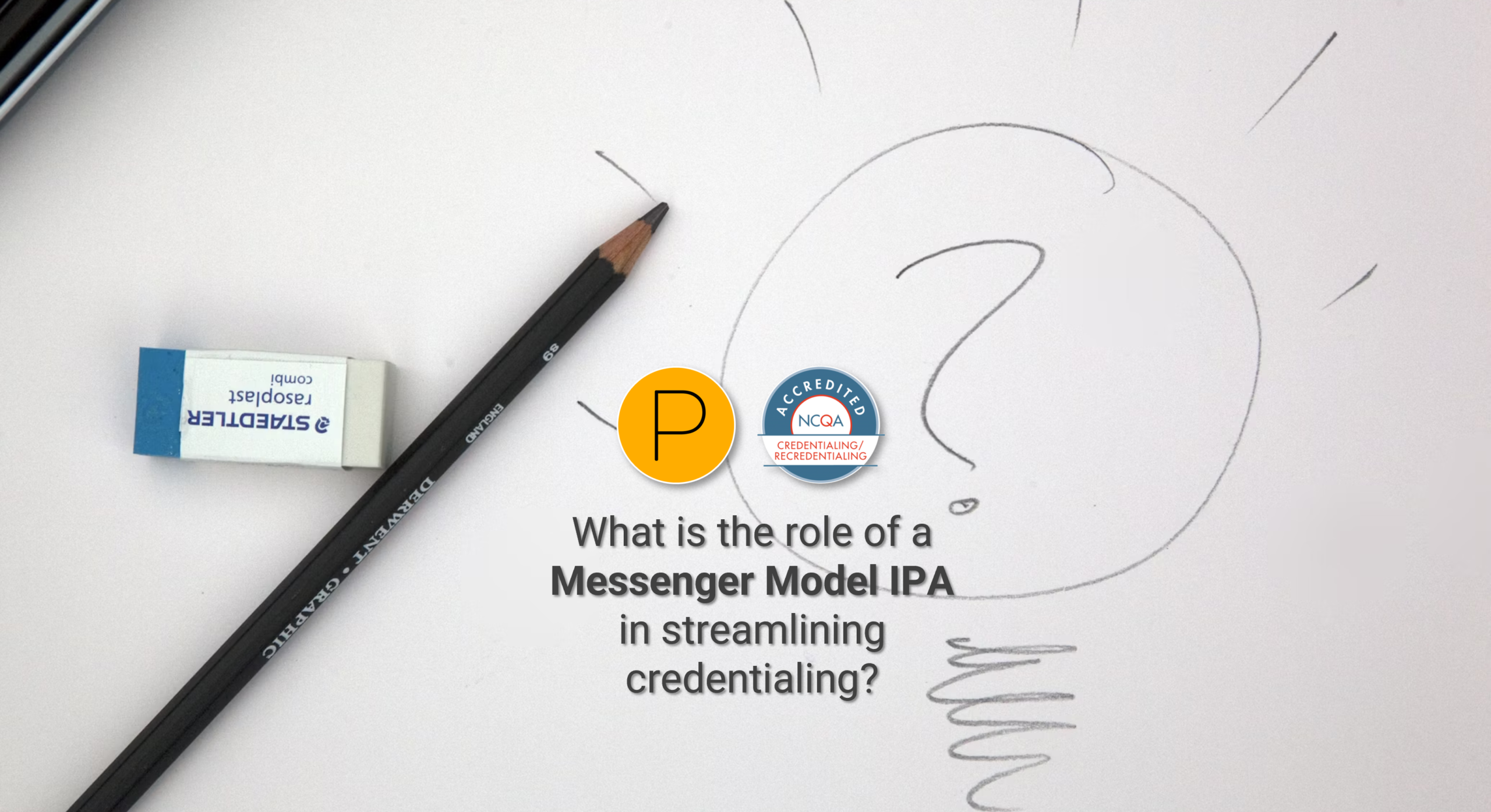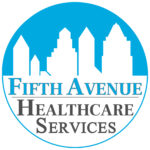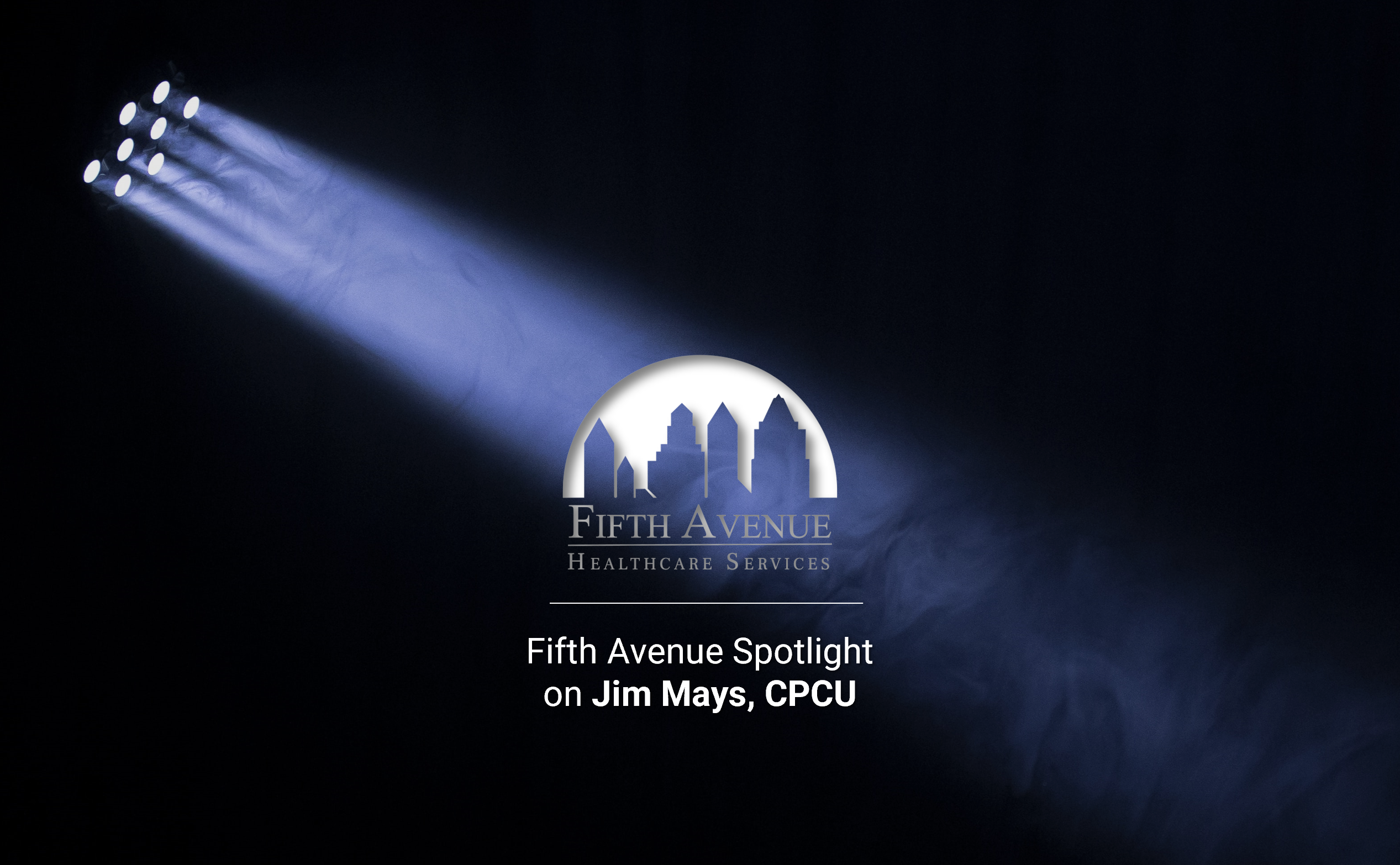The role of healthcare providers during the COVID-19 public health emergency is critical. They can answer their patients’ questions regarding the virus and the vaccine used to treat it. They can also have a more direct role in vaccination efforts.
Healthcare providers who want to administer the COVID-19 vaccine must enroll in the CDC COVID-19 Vaccination Program. Only healthcare professionals registered as vaccination providers can legally store, manage, and administer the COVID-19 vaccine in the United States.

Nine key factors to enroll as a COVID-19 vaccine provider, providers must:
- Be legally authorized in their authority to administer vaccines.
- Be able to store and handle COVID-19 vaccines under the proper conditions to maintain the vaccine cold chain. Proper vaccine storage and handling are essential in preventing and eradicating many diseases.
- Sign the CDC COVID-19 Vaccination Program Provider Agreement.
- Administer COVID-19 vaccines following all program requirements and recommendations.
- Administer the COVID-19 vaccine at no out-of-pocket cost to the patient.
- Provide patients with a COVID-19 vaccination record card.
- Document vaccine administration in their medical record systems within 24 hours of administration and report the data to the relevant system for the authority at least 72 hours after administration. This data includes but is not limited to the administration site address, administration date, dose and lot number, and the recipient’s name and address.
- Report to the VAERS (Vaccine Adverse Event Reporting System) if a recipient experiences any adverse events following vaccine administration. Healthcare providers are encouraged to report to VAERS any significant adverse events even if they are not sure the vaccination caused the event.
- Report COVID-19 vaccine inventory daily into Vaccines.gov.
Post COVID-19 Vaccine Provider Reimbursements
After administering the vaccine, providers may seek appropriate reimbursement from a program covering COVID-19 vaccine administration fees for the recipient. Examples of programs or plans include the recipient’s private insurance company, Medicare or Medicaid reimbursement, and the HRSA (Health Resources and Services Administration) COVID-19 Uninsured Program for non-insured vaccine recipients. COVID-19 vaccines are provided at no cost to the recipient.
COVID-19 Vaccine Provider Training
In addition to enrolling providers in the COVID-19 Vaccination Program, the CDC offers them several training resources to prepare them for administering COVID-19 vaccines. The CDC recommends that all providers complete the training module for the vaccine or vaccines they distribute. Providers might also have to meet state and local immunization program training requirements. Vaccine training must be ongoing since new vaccines are being developed and the vaccination process is improving.
Training can cover the storage, handling, and administering of doses to ensure recipients’ safety.
Additional Covid-19 Vaccine Provider Administration Information
Providers cannot deny anyone an opportunity for vaccination based on the vaccine recipient’s coverage status. In addition, providers cannot require additional medical services to receive a vaccination or charge an office visit fee if vaccination is the only reason the recipient visits the provider.
Private providers are not required to vaccinate anyone who is not their patient. The CDC encourages providers to make vaccines available to those who seek them.
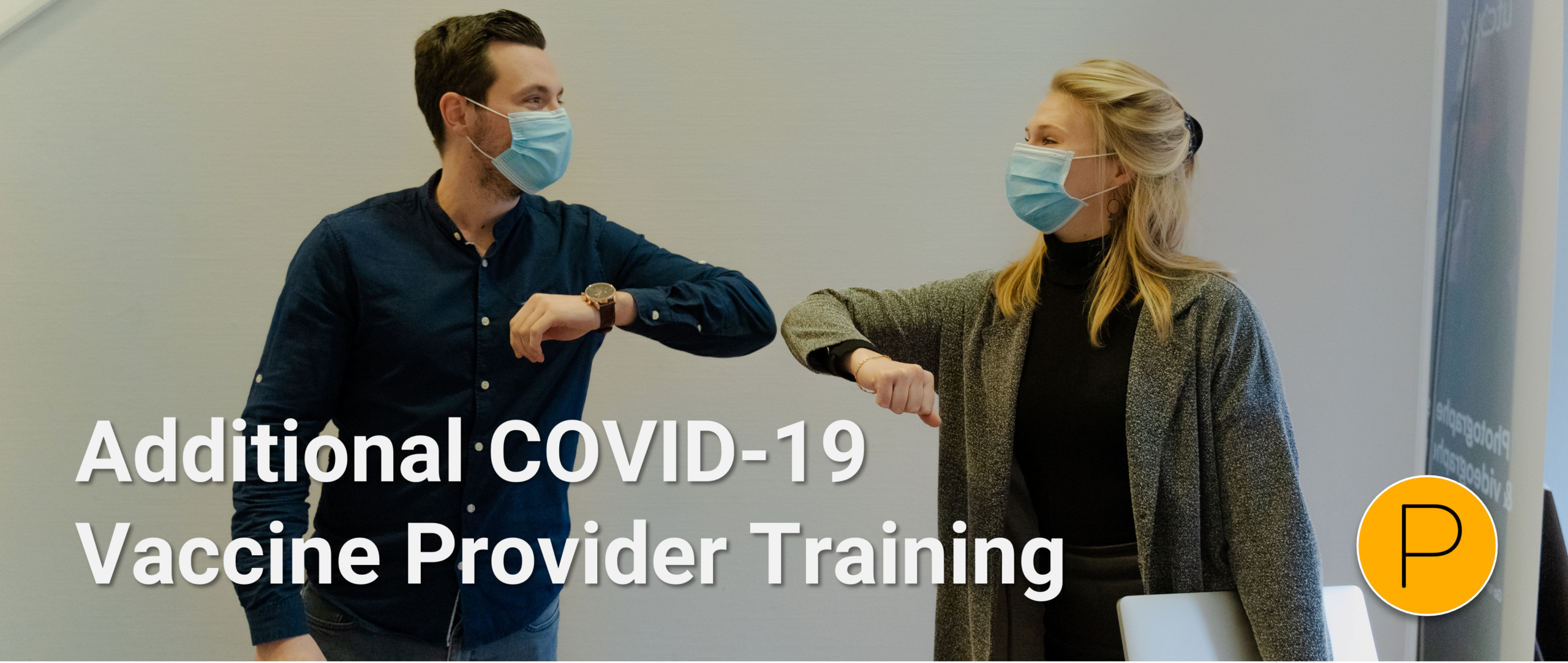
Providers who want to enroll as COVID-19 vaccine providers can visit the CDC website and scroll down the screen to the drop-down menu where they pick the state they practice in. These links will then take them to their state’s official immunization records websites, where they can follow the links to enroll. Each state has requirements and conditions that healthcare providers must meet before giving the COVID-19 vaccine.
Healthcare providers not participating in the CDC COVID-19 Vaccination Program can still help with vaccination efforts. Providers can check their patients’ vaccination status during appointments and provide proper guidance. They can also provide educational information to patients about vaccination. Providers are typically the most trusted source of health information.
Many healthcare providers are needed to further COVID-19 vaccination efforts in the United States. Making sure the public is safely vaccinated as soon as possible is paramount. Providers who want to enroll as a COVID-19 vaccine provider can play essential roles in proper vaccine storage and administration. They should be prepared to respond to any questions and concerns regarding the vaccine. Their dedication can get more people vaccinated to keep them safer during the current public health emergency.
More information about Primoris Credentialing Network
Primoris Credentialing Network is a NCQA Credentialing Accredited specializing in credentialing and provider enrollment with 54+ health plan and network provider enrollment options. Primoris is a family member of Fifth Avenue Healthcare Services. Sister companies include 5ACVO (credentialing and primary source verification specialists) and Fifth Avenue Agency (MPLI and medical malpractice specialists).
Primoris Credentialing Network originally published this article here. For more information on Primoris Credentialing Network, please visit PrimorisCredentialingNetwork.com or Contact Us.



